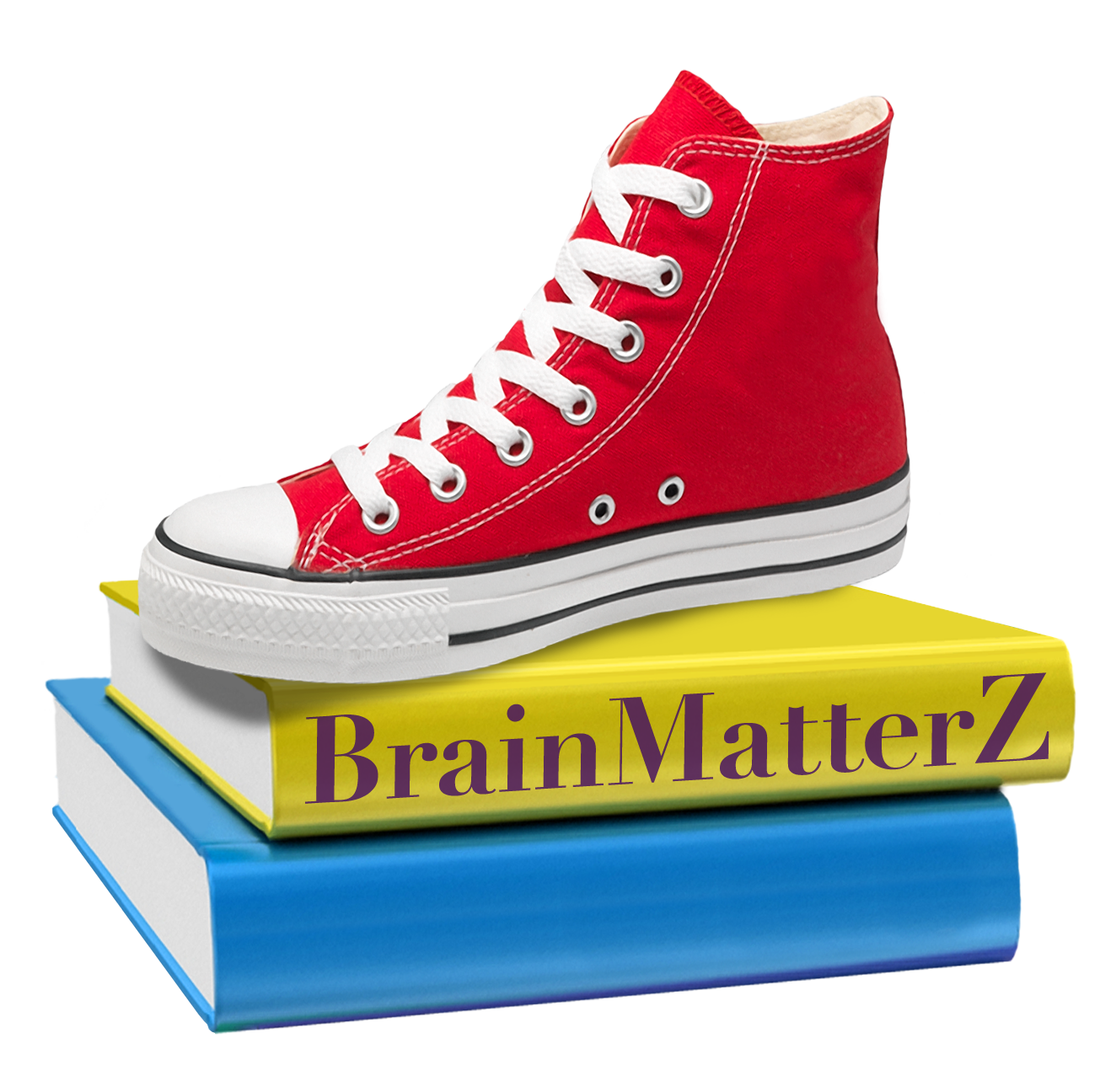Executive Functioning Skills
Executive Functioning Skills: Fluid intelligence, powered by frontal lobe; it is an umbrella term for managing oneself and one’s resources.
Shift - The ability to move freely from one situation to another- flexibility.
Emotional Control - The ability to self-regulate rationally.
Initiation - The ability to begin a task or activity independently.
Planning/Organizing - The ability to manage current and future task demands.
Inhibition - The ability to stop one’s own behavior at the appropriate time.
The flip side is impulsivity.
Working Memory - The ability to hold information for purpose of completing a task.
Organization of Materials - The ability to impose order on work play, or storage spaces.
Self-Monitoring - The ability to monitor one’s own performance and to measure against a standard.
Cognitive Skills Training
A cognitive assessment is required to participate in the BrainMatterZ program.
The effectiveness of your brain can be measured through a cognitive assessment that can serve as a baseline for brain fitness. With this baseline, individual cognitive skills can be strengthened and learning can become an effortless task. A cognitive skills test also provides information regarding how your child's brain processes in specific areas and what study techniques would serve him/her best based on his/her unique brain. A cognitive assessment such as a WISC-V or a Woodcock Johnson cognitive assessment provides information on a variety of cognitive skills such as:
Visual Processing
Auditory Processing
Working Memory
Pattern Recognition
Spacial Awareness
Attention
Problem Solving
Fluency
Verbal Skills
Concussions
Concussions remain one of the most common injuries among athletes. The majority of students that sustain a head injury have symptoms that last only a short period of time. However, a number of athletes may have persistent symptoms that can interfere with academics, day to day productivity, and relationships.
Common cognitive symptoms after a concussion may include:
memory problems
poor concentration
decreased attention
brain fog
difficulty with word retrieval
difficulty with processing speed
BrainMatterZ helps to intervene and strengthen the mind after a brain injury in the same way physical rehabilitation is used to strengthen the body after a physical injury. The goal is to improve performance in cognitive tasks. If you or your child are experiencing ongoing difficulties following a head injury, give us a call and let us help.
Check out the Brain Labs locations here.
For more information:
Please call or email us to discuss how we can help your child, students and school.

